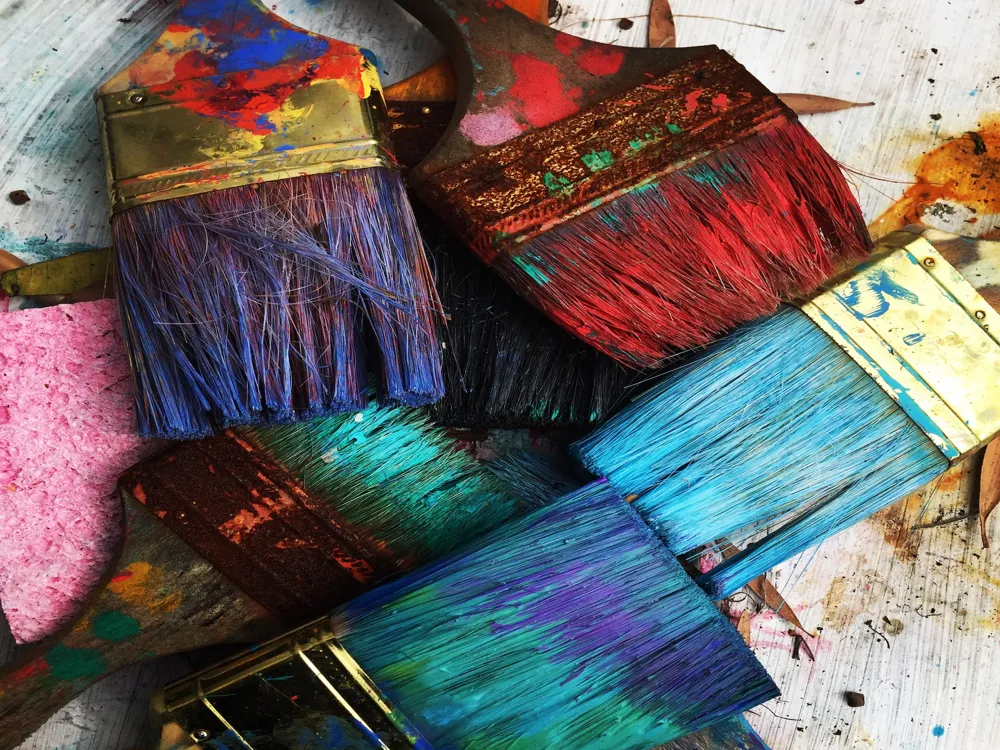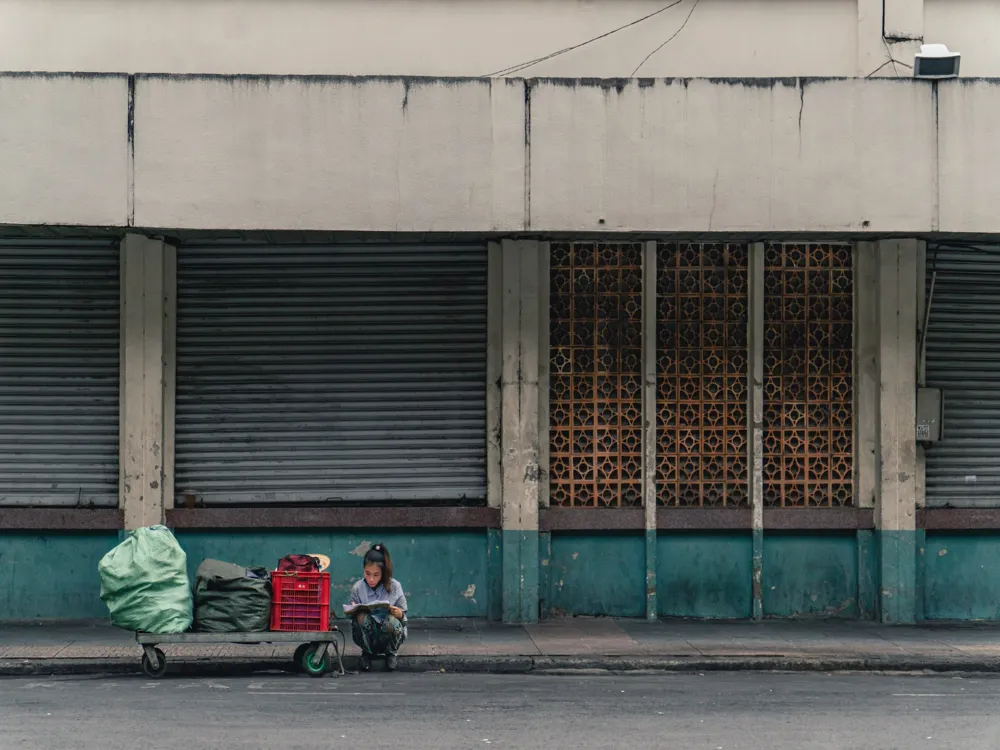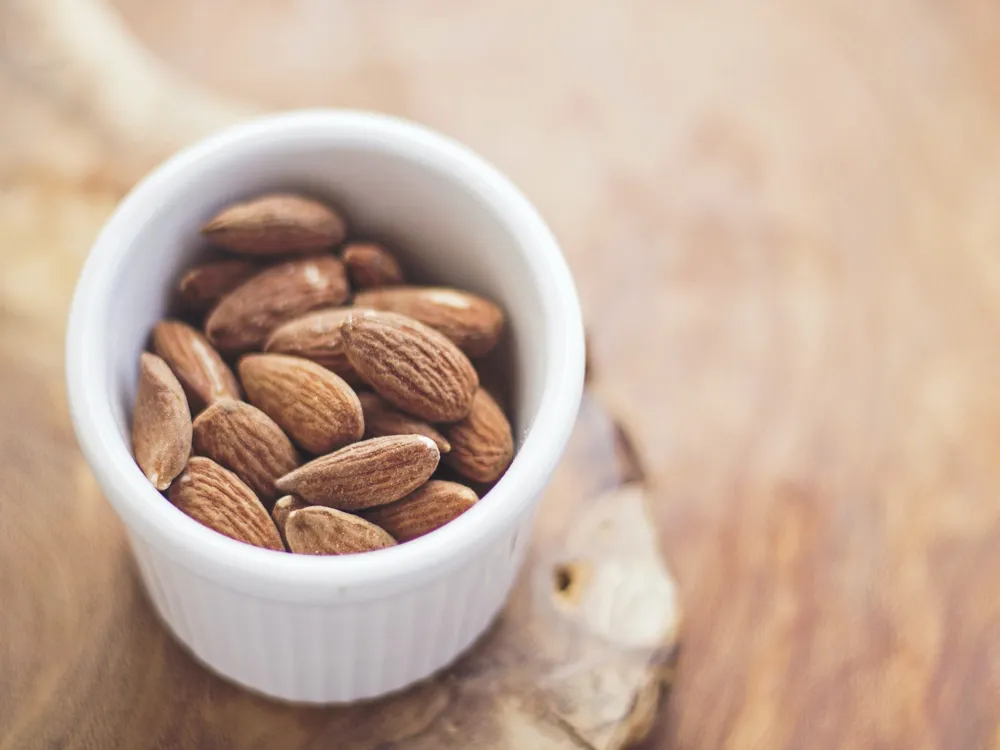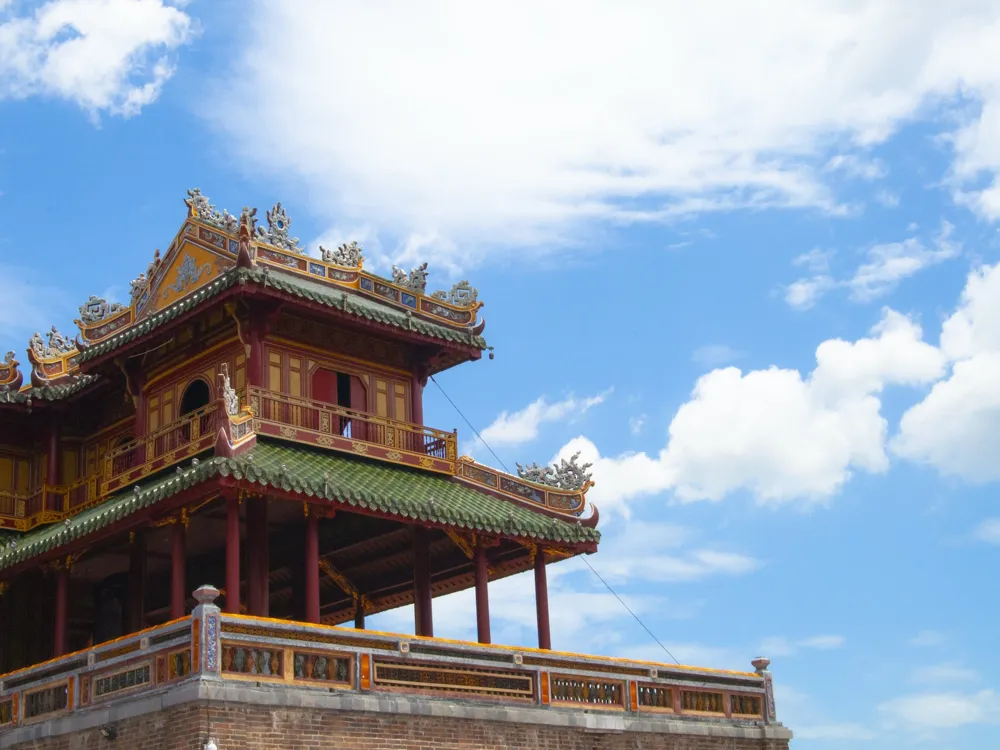Embark on a captivating journey through the bustling streets of Ho Chi Minh City, Vietnam, where traditional herb shops, locally known as 'Nhà Thuốc Tây', offer an immersive cultural experience. These shops, steeped in centuries-old practices, are not just stores but gateways to understanding Vietnamese herbal medicine and its integral role in daily life. The origins of Ho Chi Minh City's traditional herb shops trace back to ancient times, deeply rooted in the principles of Eastern medicine. These shops have been a cornerstone in Vietnamese culture, offering natural remedies and a holistic approach to health and wellness. Over generations, they have evolved, yet the essence of tradition and knowledge has remained unaltered. Chinese medicine has had a profound impact on the Vietnamese herbal practice, evident in the variety of herbs and the methods of preparation. This fusion of cultural medical practices has created a unique blend, distinctive to Vietnam, especially in Ho Chi Minh City. Traditional herb shops in Ho Chi Minh City are treasure troves of various herbs, roots, and barks, each with specific healing properties. From ginseng to lingzhi mushrooms, these ingredients are not only used for curing ailments but also play a significant role in preventive health care. The architecture of traditional herb shops in Ho Chi Minh City is a harmonious blend of Vietnamese and Chinese influences, reflecting the cultural melting pot of the city. These buildings are not just mere structures; they are embodiments of history and tradition. These herb shops are often found in older, historical parts of the city. The architecture is distinguished by narrow fronts, multiple stories, and the use of wood and lacquer. The shop fronts, typically adorned with Chinese characters and traditional motifs, invite visitors into a world of ancient wisdom. Inside, the shops are a maze of shelves and drawers, each meticulously labeled with the names of different herbs. The interior is often dimly lit, adding to the mystical aura. The layout is designed to maximize space while creating an environment conducive to detailed consultations and careful preparation of remedies. Despite the rapid modernization of Ho Chi Minh City, these traditional herb shops have preserved their architectural charm. This resilience is a testament to the enduring value of traditional medicine in Vietnamese culture. Respect is paramount in Vietnamese culture. When entering a traditional herb shop, it is customary to greet the shopkeeper. Showing interest in the products and asking for advice is appreciated and is a way to engage in meaningful cultural exchange. While exploring these shops, it's important to be mindful of your health. If you have any allergies or medical conditions, inform the shopkeeper. It's also advisable to consult with a healthcare professional before using any herbal remedies, especially if you are on other medication. Language can be a barrier, as not all shopkeepers speak English. It's helpful to learn a few basic Vietnamese phrases or have a translation app handy. Simple gestures and showing pictures can also aid in communication. Ho Chi Minh City's traditional herb shops are primarily located in the older districts, such as District 5's Chinatown, also known as Cholon. You can easily reach these areas by various means of transportation available in the city, including buses, taxis, and motorbike taxis. For a more authentic experience, consider walking or renting a bicycle to explore the narrow lanes and hidden alleys where many of these shops are nestled. Read MoreDiscover the Charm of Traditional Herb Shops in Ho Chi Minh City
Unraveling the History of Traditional Herb Shops
The Influence of Chinese Medicine
Herbs and Remedies: A Glimpse into the Vietnamese Palette
The Unique Architecture of Ho Chi Minh City's Traditional Herb Shops
Structural Design: A Reflection of Heritage
Interior Layout: A Blend of Functionality and Aesthetics
Preserving Tradition in Modern Times
Tips When Visiting Traditional Herb Shops
Understanding Etiquette and Cultural Norms
Health and Safety Considerations
Language Barrier and Communication Tips
How To Reach Traditional Herb Shops in Ho Chi Minh City
Traditional Herb Shops
Ho Chi Minh City
₹ 17,501 onwards
View ho-chi-minh-city Packages
Ho-chi-minh-city Travel Packages
View All Packages For Ho-chi-minh-city
Top Hotel Collections for Ho-chi-minh-city

Private Pool

Luxury Hotels

5-Star Hotels

Pet Friendly
Top Hotels Near Ho-chi-minh-city
Other Top Ranking Places In Ho-chi-minh-city
View All Places To Visit In ho-chi-minh-city
View ho-chi-minh-city Packages
Ho-chi-minh-city Travel Packages
View All Packages For Ho-chi-minh-city
Top Hotel Collections for Ho-chi-minh-city

Private Pool

Luxury Hotels

5-Star Hotels

Pet Friendly






















